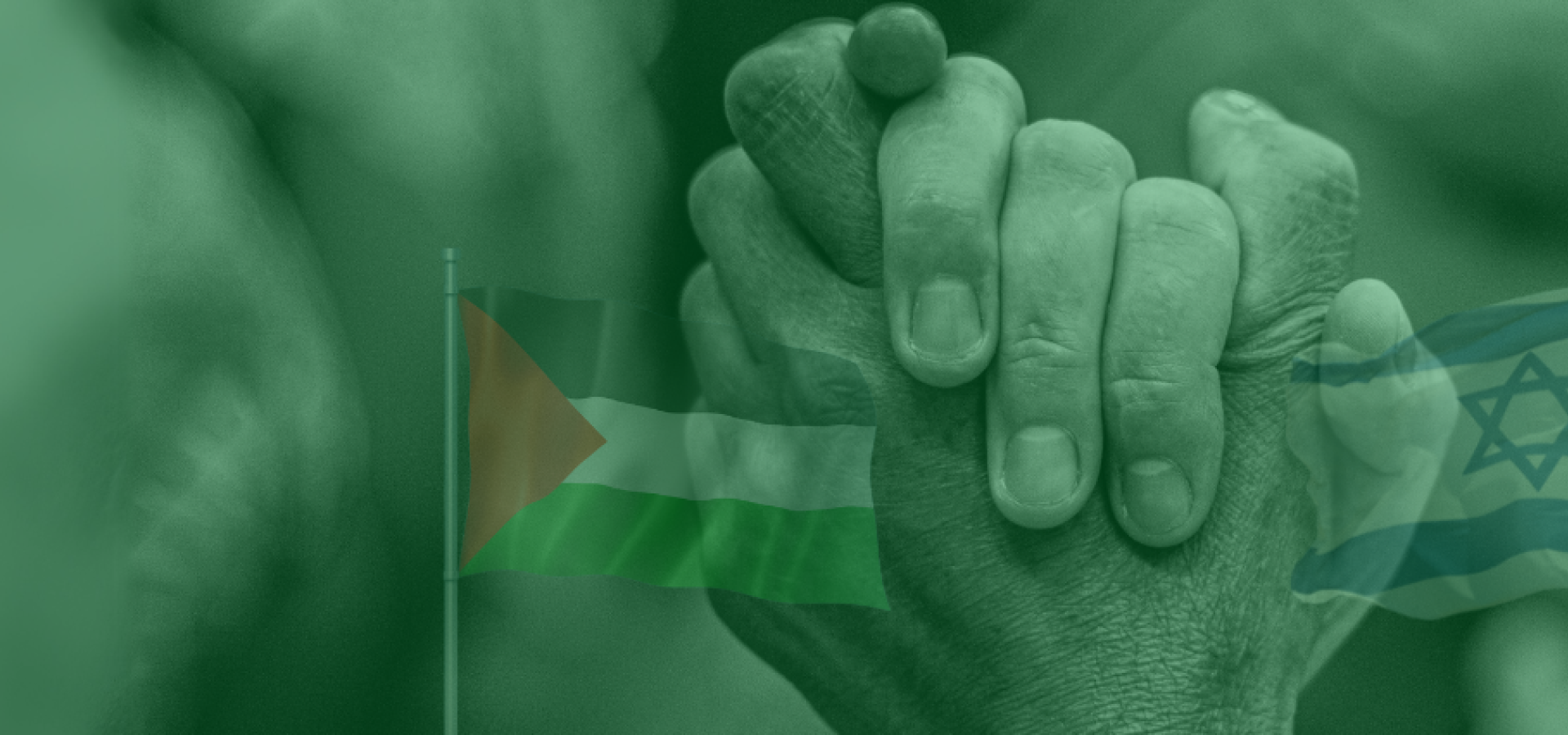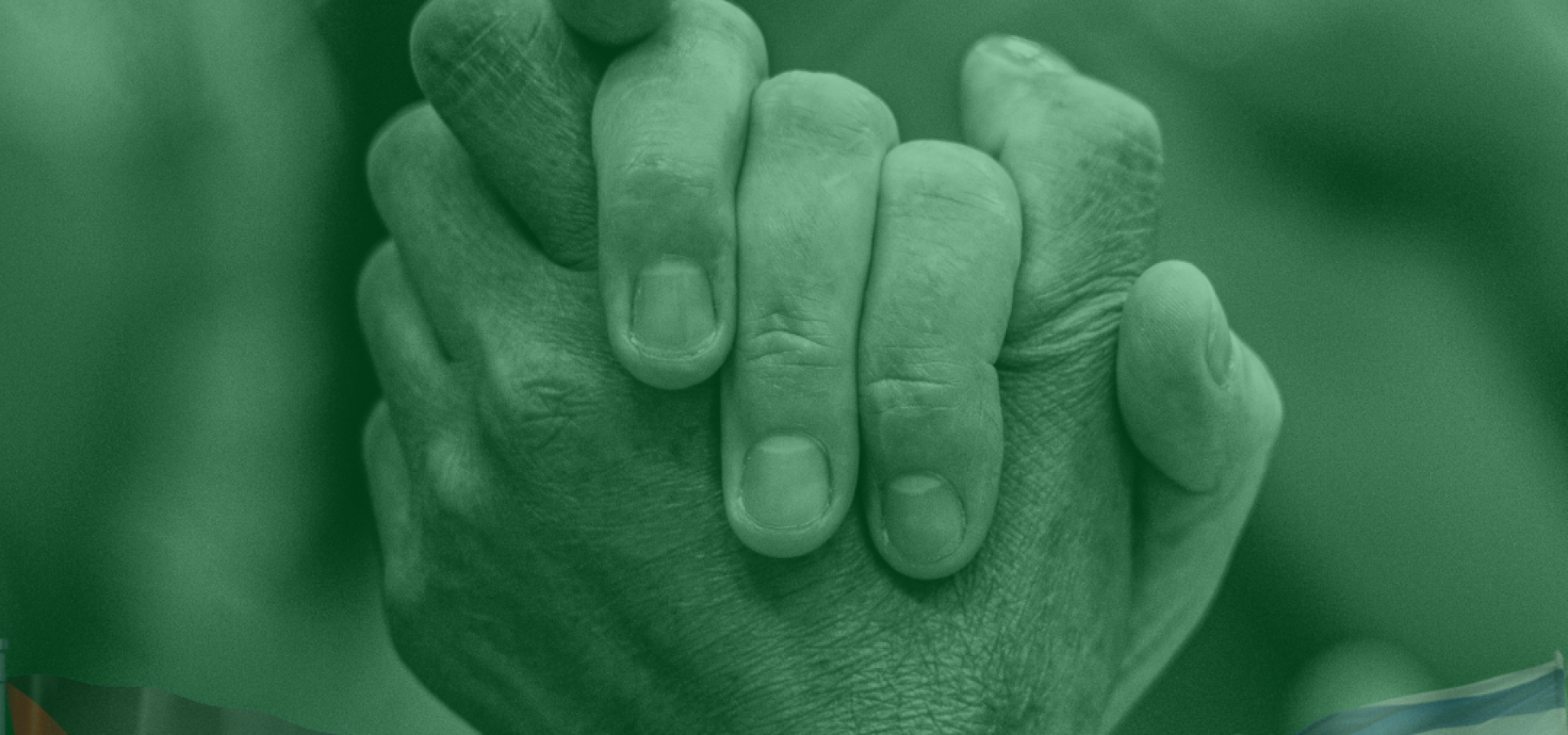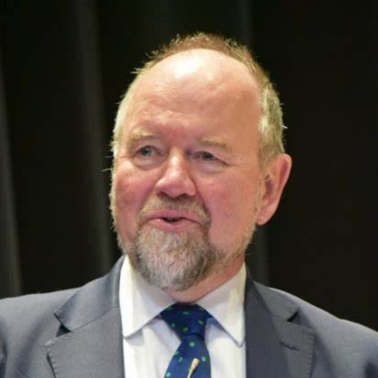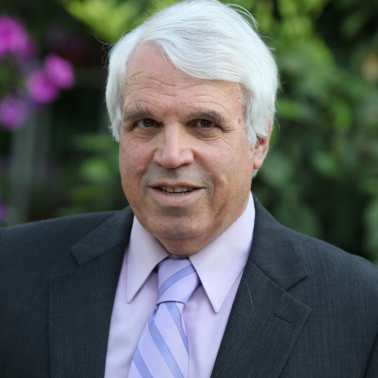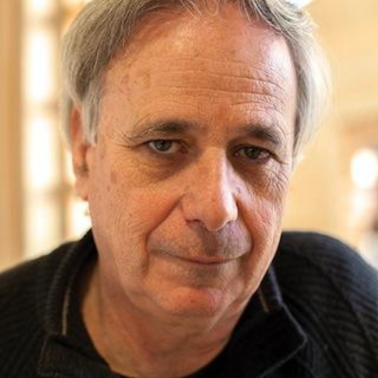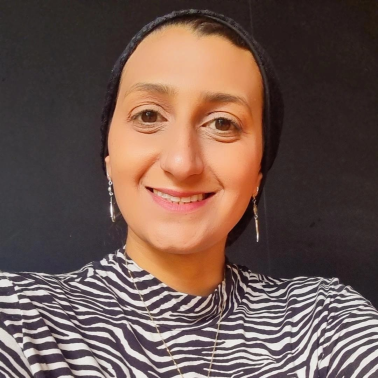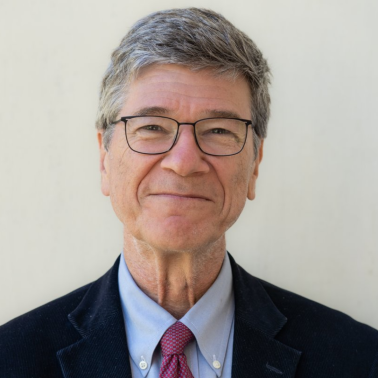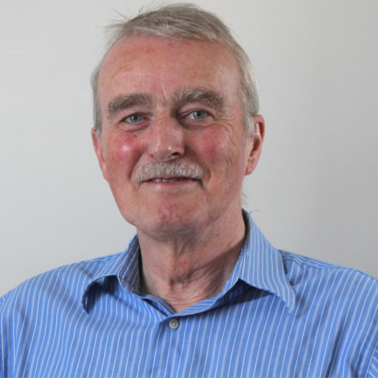
The first speaker, historian Peter Shambrook, focused on Britain’s role in the conflict. His recent book, Policy of Deceit, was described by the Times Literary Supplement as a ‘forensic, fair-minded’ exposure of ‘how the British government broke its promises to the people of Palestine.’ In the webinar, Dr Shambrook argued that when Britain governed Palestine between 1920 and 1948, they adopted a ‘fundamentally anti-Arab’ approach. ‘Hundreds of laws were passed during the 1920s and 1930s which deliberately ignored the wishes and interests of the majority Palestinian Arab population, and which encouraged the creation of a Zionist state within a state.’
When Israel came into being in 1948, he went on, 750,000 Palestinians were driven out of their homes and 200,000 of them went to Gaza. This refugee population has swollen over the decades to over two million. Dr Shambrook argued that Israel seized the opportunity presented by the Hamas terrorist attack on 7 October last year to continue this policy of “ethnic cleansing”. But, he said, the Palestinians refuse to be erased from history.’
